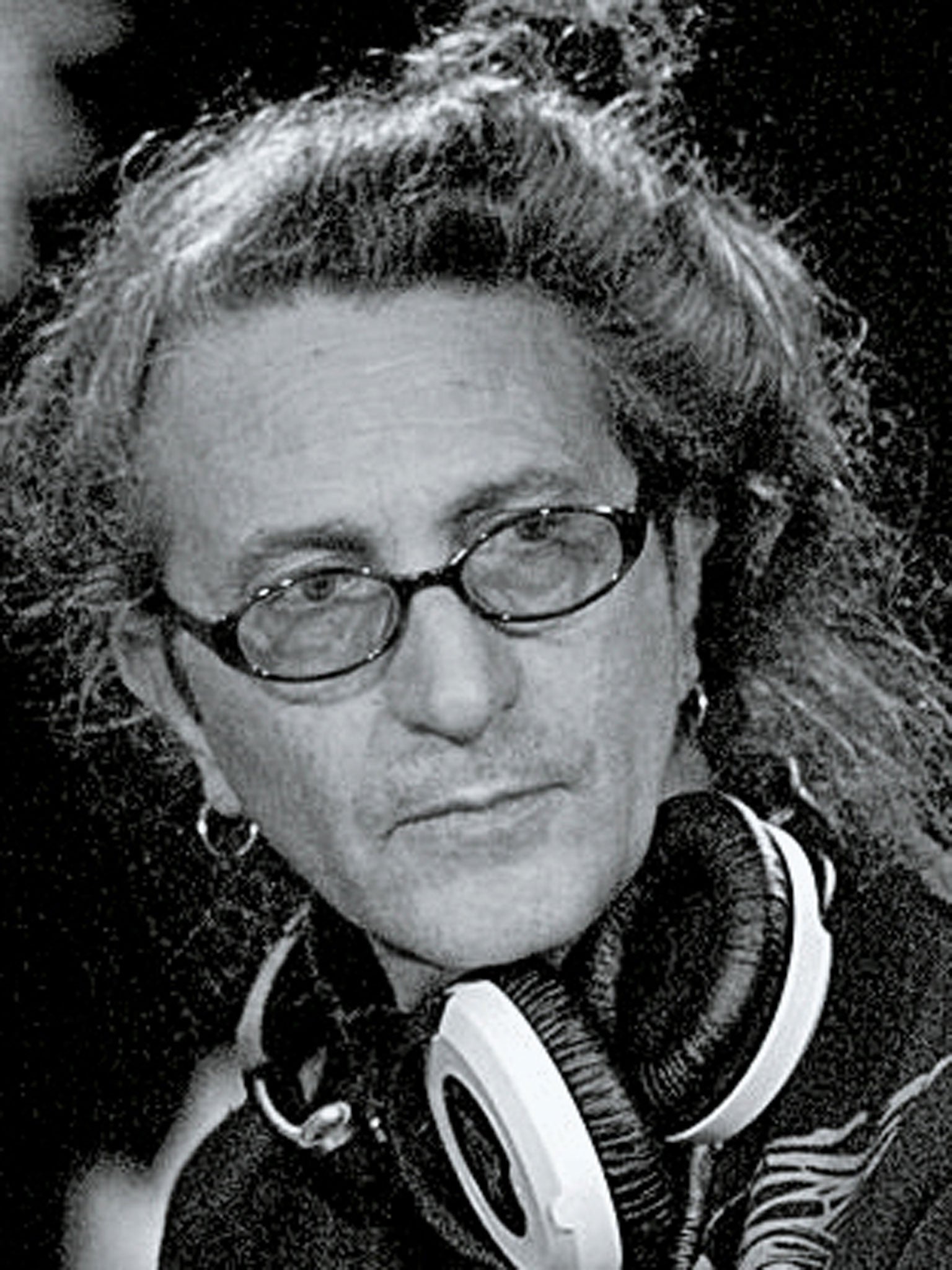Your support helps us to tell the story
From reproductive rights to climate change to Big Tech, The Independent is on the ground when the story is developing. Whether it's investigating the financials of Elon Musk's pro-Trump PAC or producing our latest documentary, 'The A Word', which shines a light on the American women fighting for reproductive rights, we know how important it is to parse out the facts from the messaging.
At such a critical moment in US history, we need reporters on the ground. Your donation allows us to keep sending journalists to speak to both sides of the story.
The Independent is trusted by Americans across the entire political spectrum. And unlike many other quality news outlets, we choose not to lock Americans out of our reporting and analysis with paywalls. We believe quality journalism should be available to everyone, paid for by those who can afford it.
Your support makes all the difference.Cheb I Sabbah was an Algerian-American of Jewish and Amazigh, or Berber, descent whose pioneering work as a DJ and producer found him experimenting with contemporary dance beats and world music. He was born Haim Serge El Baz in Constantine, Algeria, in 1947, and after leaving school at 15 moved to Paris, where he was one of the first professional DJs, playing American soul music during the mid-1960s.
By the mid-'70s he had moved to New York, where he met the world music fusionist, trumpeter and composer Don Cherry, who became his musical mentor and employed him as his manager, encouraging his explorations of Asian and African music. He moved again in 1984, to San Francisco, where he had a long-running club night and worked in radio, as well as promoting a series of world music concerts called "1002 Nights".
In 1994 he recorded his first album, The Majoon Traveller, which featured remixes of pieces by Don Cherry and Ornette Coleman, incorporating Moroccan gnawa and jilala music. There followed a series of acclaimed albums on the Six Degrees label, beginning with Shri Durga in 1999. Most of these albums drew on Hindu musical culture for inspiration, but on the albums Khahena and La Ghriba he worked with musians and singers from Algeria, Morocco and Yemen. Instead of using anonymous exotic samples to spice up his beats, he would typically record traditional and classical instrumentalist and singers, such as Pakistan's Ustad Salamat Ali Khan, and tailor his rhythm tracks to their music.
He was more concerned with spirituality than club culture, and his music naturally found an audience with those seeking more of a "chill-out" vibe. He worked with several British artists, including Natacha Atlas, Transglobal Underground and Fun-Da-Mental. In 2006 he was nominated for the BBC Radio Three Awards for World Music in the "Club Global" category.
In May 2011 he was diagnosed with stomach cancer, although he kept working on a new album. In response to the news that he had no health insurance, friends and colleagues including Bill Laswell, Zakir Hussain and Kailash Kher came up with the album Samaya in order to raise funds to cover his medical bills.
Haim Serge El Baz (Cheb I Sabbah), DJ and producer: born Constantine, Algeria 7 August 1947; partner to Suzanne Thomas (one daughter, one son); died San Francisco 6 November 2013.

Join our commenting forum
Join thought-provoking conversations, follow other Independent readers and see their replies
Comments